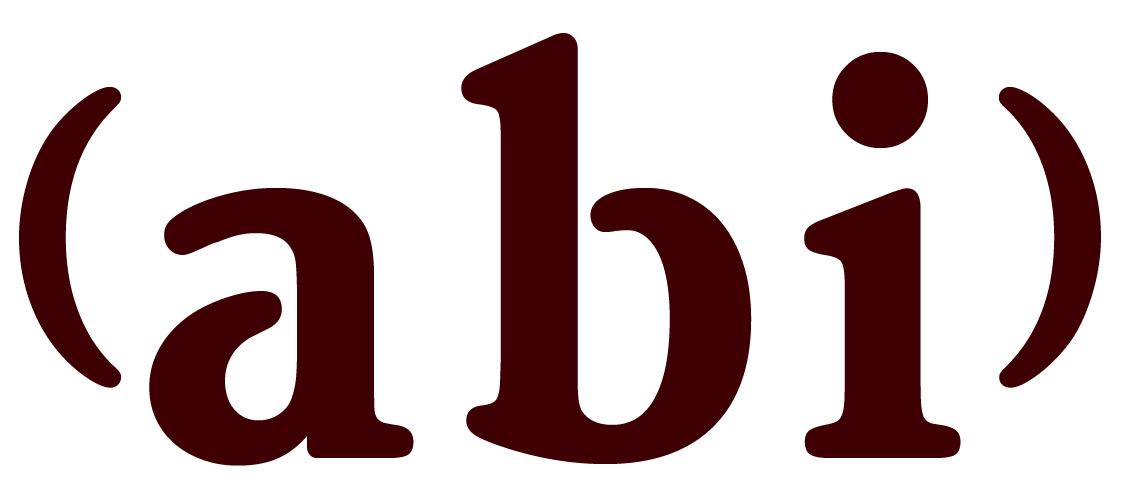Inclusion is Joining Together
By Michael T Bailey
Inclusion is not a legal term. Inclusion is a dream. In this dream all people matter and all people have a contribution to make; a contribution to their family, their school and their world. The dream of inclusion means to accept that we are one human family in spite of not all of us walking, talking or thinking exactly alike. This dream means that differences are a source of pride and strength. In this dream differences bind us strongly together.
Inclusion means to ‘pool one’s interest’ or ‘to team up with’. It is the opposite of exclusion. To non-dreamers exclusion is a matter of degree. To us dreamers that is no nuance. One is included or one is excluded. You are in or you are out.
In school non-dreamers are okay with pull outs, segregated classrooms and the illusion of protection and safety. In the adult world non-dreamers are fine with sub-minimum wage jobs, sheltered workshops and dependency. In personal lives non-dreamers are comfortable with perpetual childhood for people with disabilities. They do not mind lack of privacy, lack of a family or a home of one’s own. Non-dreamers are, after all, practical people. The kind of reasonable folk who get along but never, ever change the world.
Dreamers change the world. We are not practical in their sense. And we don’t care to be.
Our daughter is now twenty-one. Recently I listened as she delivered the Key Note address to 3000 people attending the National Down Syndrome Congress convention. What I and everyone saw that morning was a confident, self possessed and healthy young woman, unflappable and filled with plans, values, charisma and determination. A person who knows right from wrong. A person who wants, as she should, a life of her own.
Rarely does one day go by when a parent, or soon-to-be parent, of a child with Down syndrome or some other disability does not ask ‘how did you do it?’ And always that question sets my mind to work like a super computer as I review the memories and search for an answer. And the answer is that we dreamed. We dreamed of inclusion.
My first concrete memory of making it happen is that of laying two or three little toddler outfits in the morning so that even before she knew much of her world, each of her days began by making a choice. And once that choice was made we honored it.
Next was the huge step of accepting that this disability had nothing much to do with us. It was not our lives and our preferences in play here. It was only hers. She could not be made over, changed or adapted. She was here and she was who she is. Our task, no different than what it was with her non-disabled sister, was to help her grow into a happy and fully developed adult. To accept that this is the only life she will have, that our job is to make it the best it can be. That acceptance guided us in every single decision that we made or helped her to make.
We dreamed. We did not accept barriers. We heard and discarded a lot of professional bunk and we heard and followed some good professional advice. Good to the extent it supported the dream of a fully included life. It did not take long to learn that organizations, agencies and individuals could help us or they could get out of the way. More specifically they could get the hell out of the way.
The late and wonderful Marsha Forest called inclusion a child’s cry to be welcomed, embraced, cherished and prized. A prize to be loved as a gift, as a wonder, as a treasure.
“All Born In” means what it says. No ifs, ands or buts. We are dreamers. And we are not ashamed of it. If you too dream of a world of acceptance for yourself and your family members, then join us in our movement to create a more inclusive civil society. We love dreamers.
And we believe in inclusion.
Michael Bailey is author of “Special Education: A Parent’s Guide to a Child’s Success.” He is board chair of Disability Rights Oregon and Vice-President of the National Disability Rights Network. © 2009
